Learning how to start an SEO business could be the best decision you'll ever make.
How do I know?
Because that decision forever changed the course of my life.
My name is Nathan Gotch, and I started my SEO business in 2013 without any entrepreneurial experience or money. But since then, I've sold millions of dollars worth of SEO services, consulting, and training.
I built my SEO business from the ground up, and today, I'm excited to share how you can do the same.
Here's what you're going to learn:
- How to Pick a Niche
- How to Get Real SEO Results
- Use the Outbound System
- Stack the Inbound System
- Sales 101
- Make Your Clients Love You
And so much more, but let's address the elephant in the room:
You should feel skeptical about anyone who claims to have business success online (even me). I'm not going to flex on you with credentials and experience.
If you're still unsure whether you should trust me or this information, please read my bio, see my company reviews, check me out on Amazon, or see my stuff on YouTube.
Building trust and reputation in business is critical, as Warren Buffett wisely said:
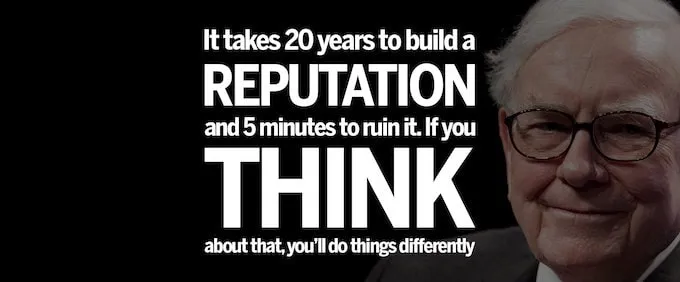
Here's what real students say about working with our program:
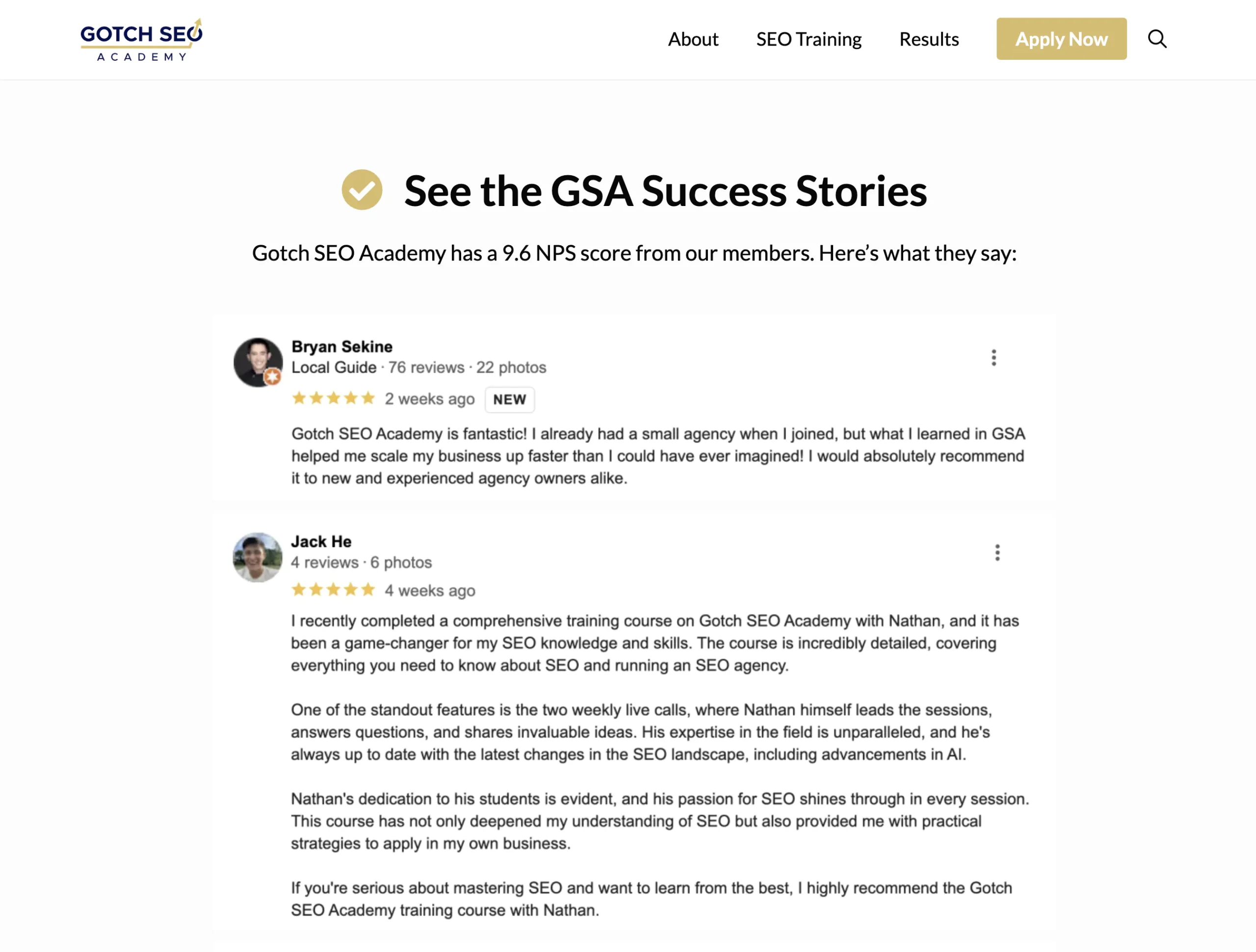
You back?
If so, it's time to get down to business, no pun intended.
DISCLAIMER: According to BLS Data, 20% of new businesses fail during the first two years of being open, 45% during the first five years, and 65% during the first 10 years. Only 25% of new businesses make it to 15 years or more. What I'm sharing today is what worked for me and many others. However, there's no guarantee you'll succeed. Your results will vary based on your effort, commitment, and market conditions.
How to Start an SEO Business From Scratch
Before we get into building, you first need to understand why businesses are willing to invest in SEO.
The SEO Business Model (Simplified)
SEO business is a broad phrase that could include many models such as client services, consulting, affiliate marketing, or even software.
But in this post, we're focusing on the SEO agency or SEO client services model.
Here's how it works:
Businesses of all sizes (enterprise and small) need more customers to continue growing revenue. And they have unlimited choices when it comes to achieving that goal.
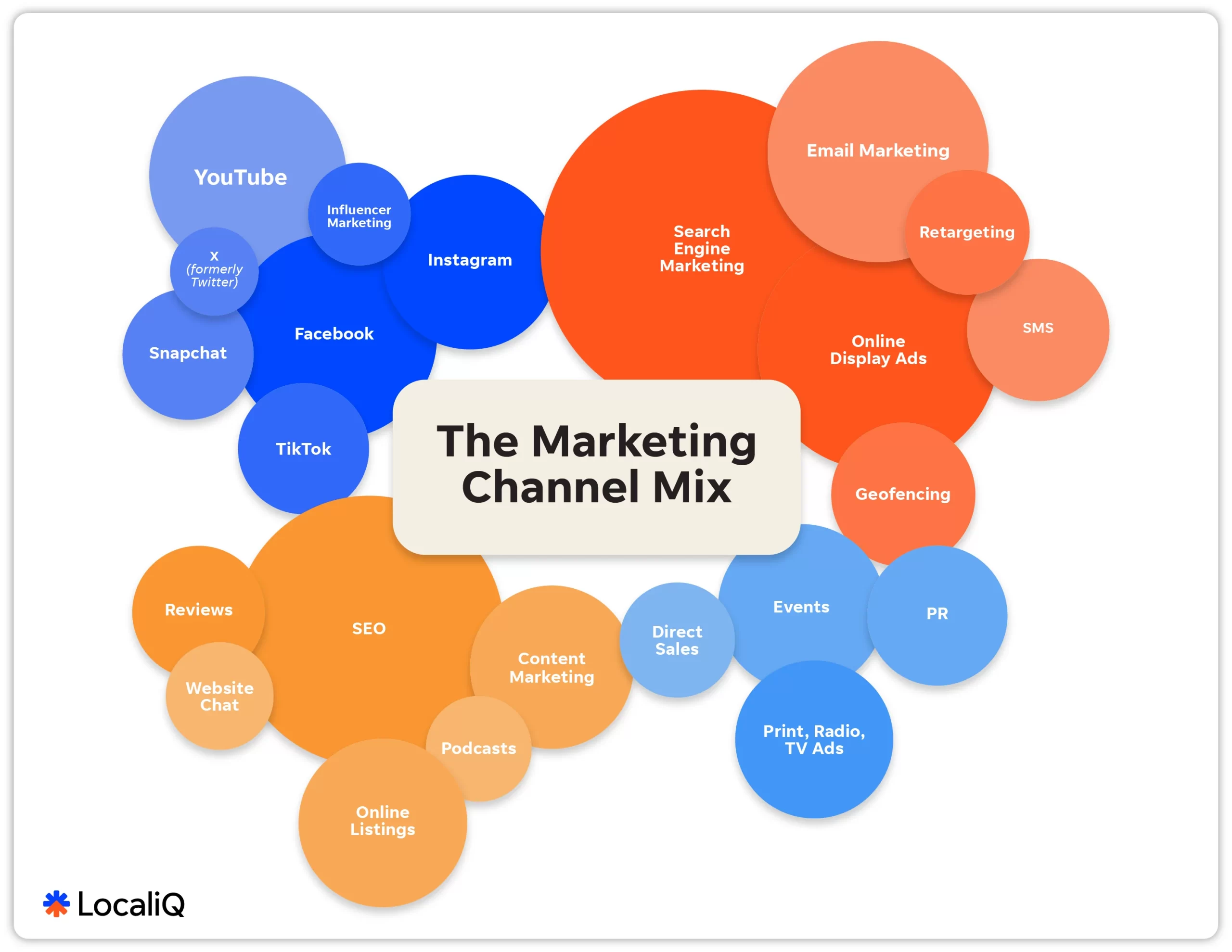
However, SEO is top of the list because it's 100% organic traffic, and they don't have to pay for advertising to get new customers.
SEO vs Social Media Marketing
SEO is also one of the top marketing methods because of search intent.
The best explanation is to compare SEO vs social media marketing (SMM).
With SMM, you publish content and hope your ideal client sees it.
But it's not that simple.
First, you're not just competing with your competitors on social media.
I know that sounds weird but stick with me.
You're competing with EVERYONE on social media. It's an attention war on social media.

For example, I love SEO, business, MMA, and basketball.
So, my feeds are mixed with content related to those interests, even though my domain expertise is SEO and digital marketing.

Social media algorithms use an interest graph to serve what's most relevant and interesting to you to keep you on the platform.
Search engines like Google are different.
People only use traditional search engines like Google, Bing, or DuckDuckGo to find specific solutions to their problems.
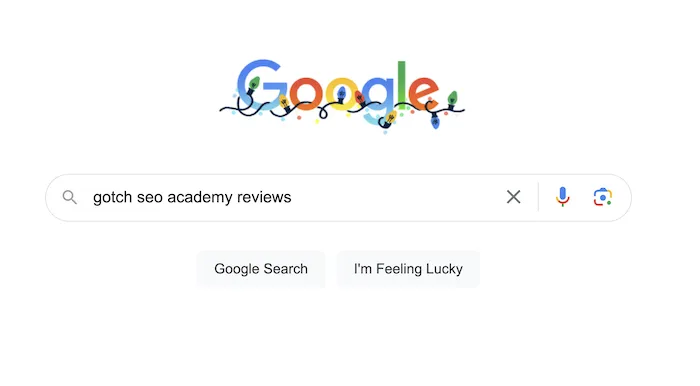
That means we know exactly what they're searching for, and we can deliver a page that is 100% relevant to them.

The success is measurable through branded search growth, which shows true business impact:
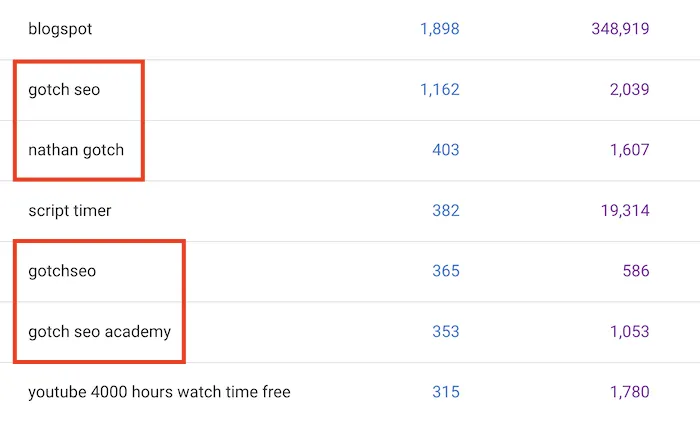
Unlike social media, where you must endlessly post and hope your ideal client sees it.
And that's why:
Businesses are willing to invest a significant sum in organic growth.
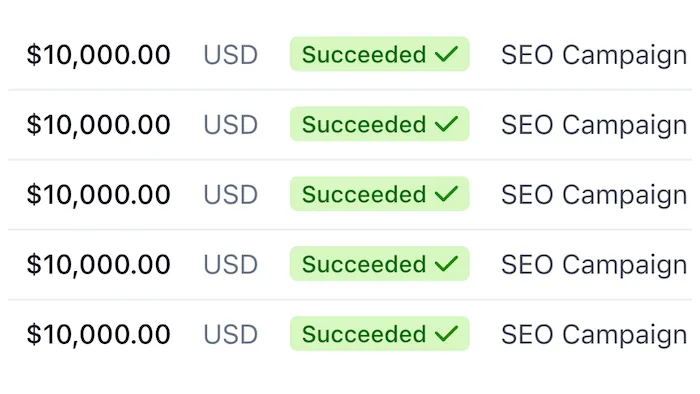
While you can't set it and forget it regarding SEO, it is much more evergreen than social media.
For example, the average social media post lasts about 24 hours.
This means that > 80% of all views you'll ever get for that post occur within the first 24 hours.
Meanwhile, the average SEO content asset can drive views for 6 - 12 months without additional work.
But of course, getting SEO results isn't as simple as just publishing content (I wish).
This is when you enter the picture.
Most business owners don't have the time, resources, skillset, or desire to build and manage an SEO campaign. So they're willing to pay you to do it for them.
And the better you deliver results, the higher you can charge for your SEO services.
Understanding the content marketing funnel is crucial for SEO success:
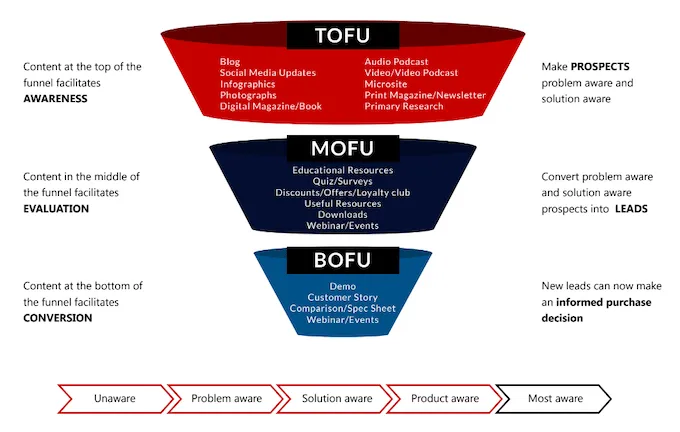
This framework helps you create content that guides prospects from awareness (TOFU) through evaluation (MOFU) to conversion (BOFU), maximizing the value of your SEO efforts.
Now that you know why SEO is so valuable to business owners, let me address the most critical question of all:
Is Starting an SEO Business Worth It in 2025?
The SEO industry is constantly changing, but no change has been bigger than Large Language Models (LLMs) like ChatGPT, Google Gemini, and Perplexity.
These have completely changed how I do SEO (in a good way).
But here's why I think starting an SEO business is a good move in 2025:
1. SEO is Harder Than Ever
You might think that's a strange reason, but stick with me.
Technically, anyone can call themselves an SEO expert.

However, to be considered an expert, you must drive results consistently across different campaigns and niches.
You must have many different skills, such as:
- Keyword research
- SEO competitor analysis
- Technical auditing and optimization
- On-page SEO
- SEO content strategy
- SEO copywriting
- Content optimization
- Link bait development
- Backlink acquisition
- Local SEO
- Understanding how LLMs work
As you can tell, SEO isn't just one single skill. It's a culmination of skills; with each of those skills, you have to practice and develop micro-skills.
I'm not trying to scare you off. This is a good thing.
Most people who want to start businesses want to take the path of least resistance.

I'm speaking from experience.
When I started to try to earn money online, I was doing every sketchy thing under the sun, like paid surveys.
The problem was that I focused on tactics. You are not building a real business.
Building an SEO business is a serious endeavor. It is not a get-rich-quick scheme. It won't be easy, and it will take everything for you to succeed.
But when the fruits of your labor bloom, you will realize you made the right decision.
Most people aren't willing to do hard things.
So, your strategic advantage is to do 20% more than what the average person is willing to do.
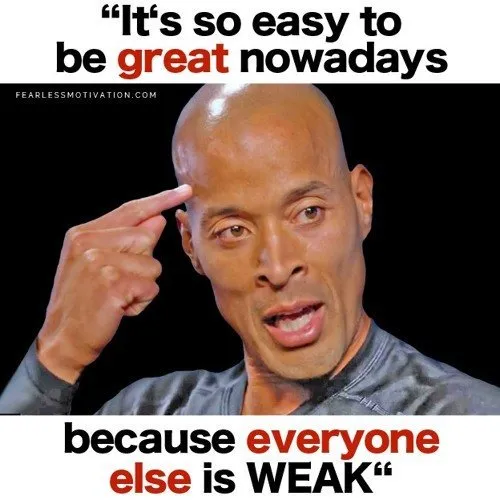
The point is that SEO being hard is an advantage to anyone willing to work to learn and master the skill.
The good news is that you don't have to go on that journey alone because you have programs like Gotch SEO Academy that can get you there in half the time.
2. AI Has Leveled the Playing Field
Treat tools like ChatGPT as a member of your team. For only $20/mo, you have data science, coding, data entry, and content creation at your fingertips.
Once you master technology like ChatGPT, you'll realize how scalable your SEO business can be.
But remember, this new technology doesn't replace human interaction and connections. Running a successful SEO agency is all about the human connection.
You're not selling business to business. You're selling to people. To be successful, you must build relationships.
3. Businesses Need You More Than Ever
Google is trying to compete with ChatGPT.

So they've launched Google Gemini, and they're starting to roll out SGE. SGE will likely be disruptive for SEO campaigns because it decreases organic CTR.
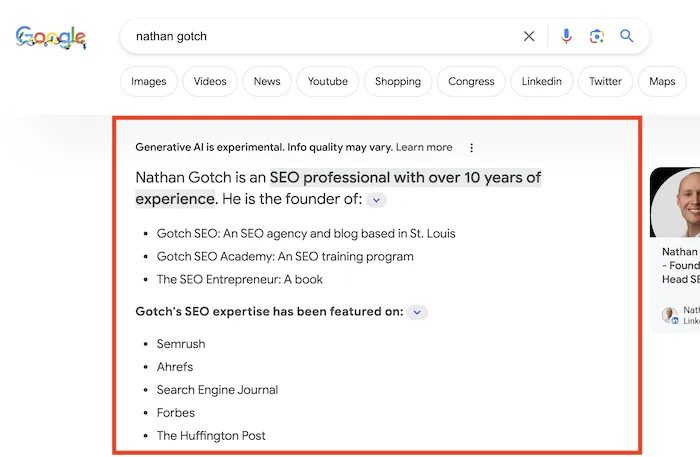
As a result, websites will get less organic traffic and lower conversions (by volume).
But this is not a new trend.
For years, Google has implemented different SERP features like Featured Snippets:
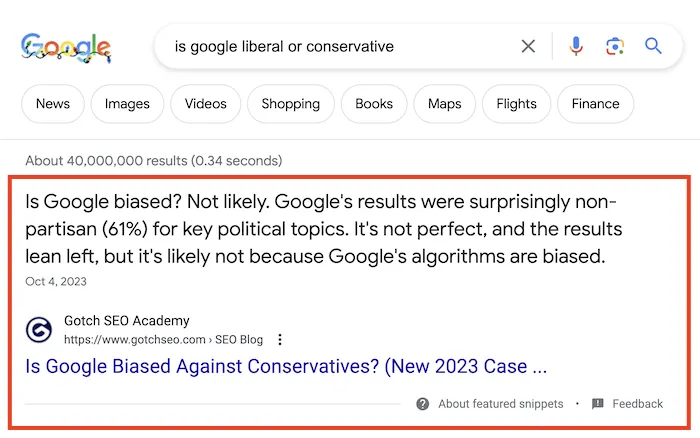
And People Also Ask:
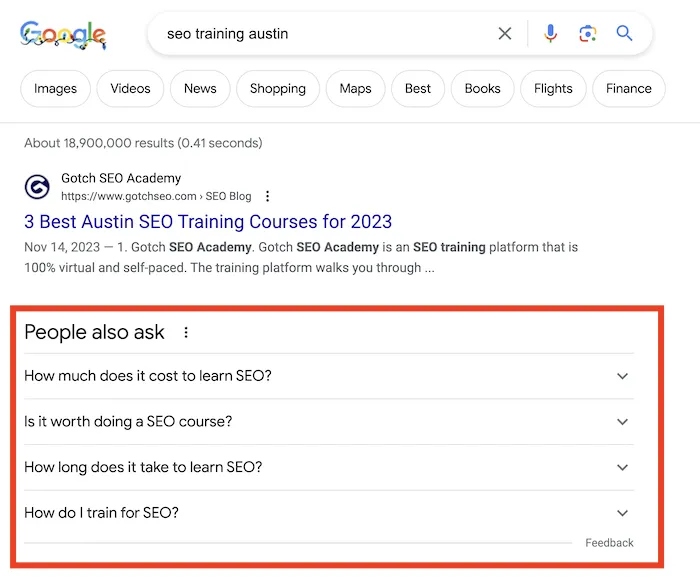
Plus, the SERPs are loaded with more Google Ads than ever.
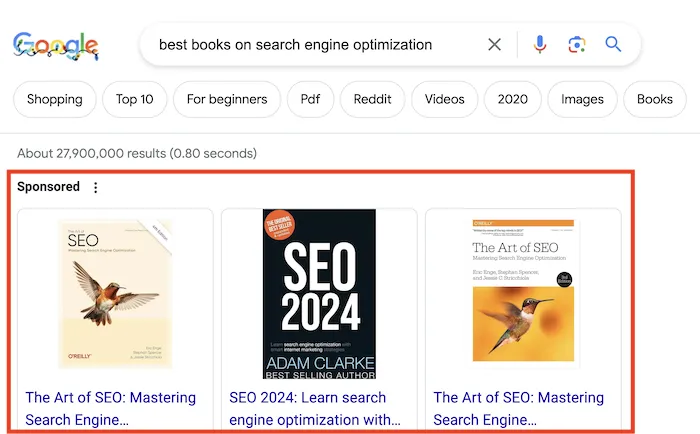
That means you need to be in the top 3 to attract as many organic clicks as possible.
Achieving that goal requires a high level of expertise.
Meaning businesses will need you more than ever to achieve their SEO goals.
And the market opportunity is massive. Just look at how many SEO jobs are available on freelance platforms like Upwork:
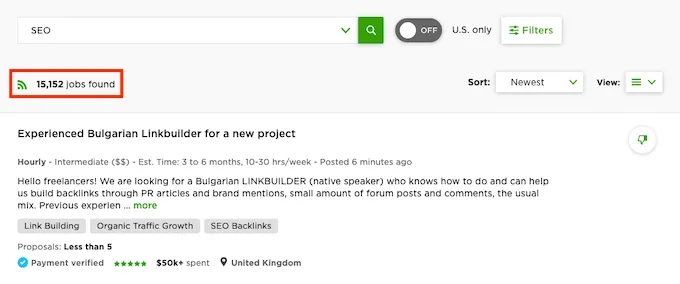
That's over 15,000 SEO job postings! But here's what's even more interesting - look at how business owners are positioning their job posts:
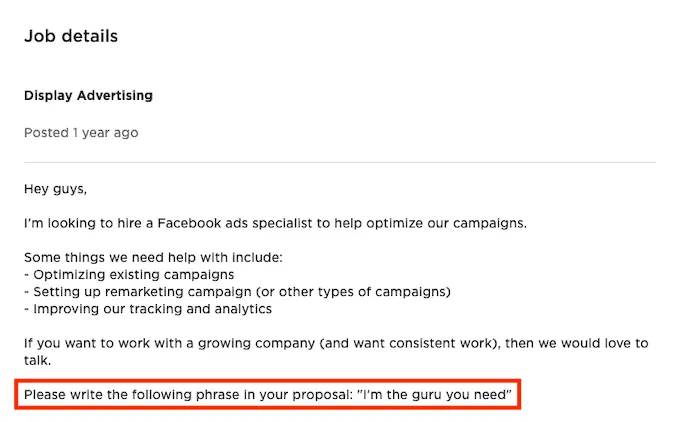
Notice the phrase "I'm the guru you need" - this shows that business owners are looking for experts, not beginners. This reinforces why developing real SEO skills is so important.
You can also share your expertise by answering questions on platforms like Quora to build authority:
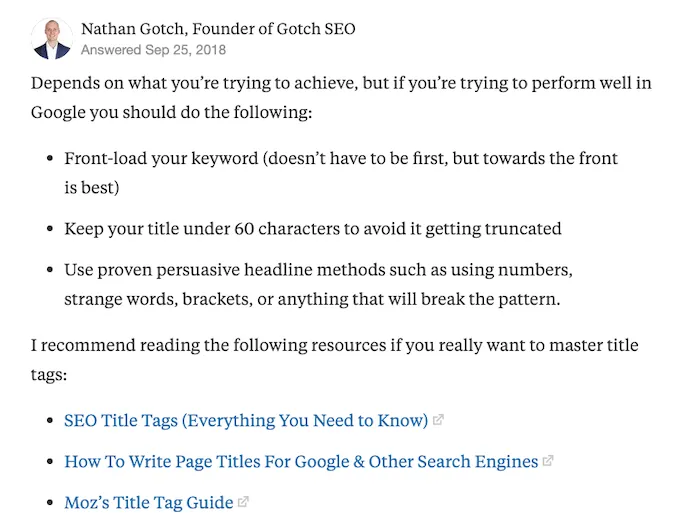
Pick a Niche
Instead of being a general agency, you should focus on a specific niche.
Resource: Get access to my database of 4,058 SEO niches (sort by competition).
Some advantages of niching down are less competition, easier marketing and sales, and more efficient fulfillment.
In short, everything gets better when you niche down.
And if you're convinced, here's a fun little exercise.
We know there are at least 50,244 SEO agencies worldwide.
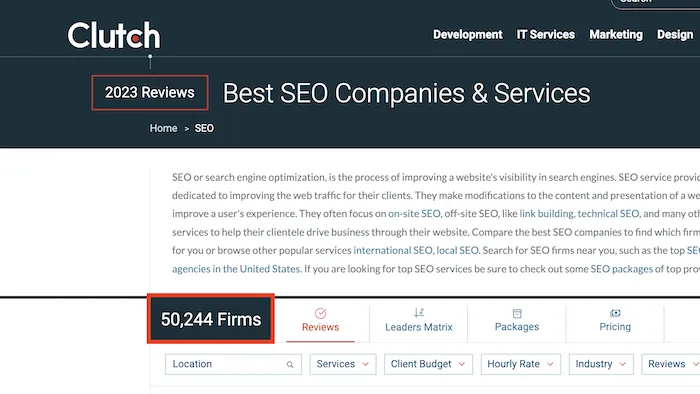
But how many SEO agencies specialize in helping waterproofing and foundation repair companies?
With a quick Google search, I found one agency that offers SEO services to this niche.
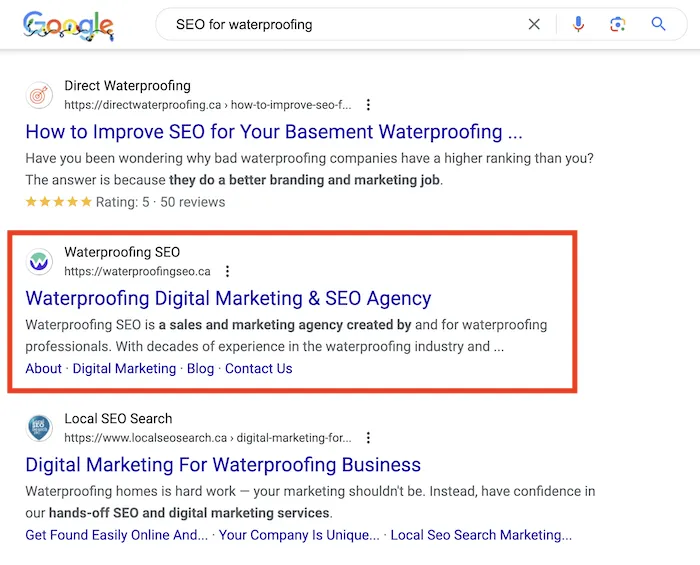
That means you can become the go-to expert in a very short amount of time.
The key is to pick a niche that has high customer value.
I picked waterproofing because I had to shell out $15k to fix water issues in my basement. Think about that.
Let's say you're running one of these companies, and I told you that I could get you 3-5 deals a month, and let's assume each deal is worth $10k.
That's $30,000 of new business per month on top of what they're already doing.
Would they be willing to invest $3,000 - $5,000 to gain $30,000?
The short answer is yes.
This is how you pitch SEO. You don't talk about the geeky stuff. You focus on what they care about, getting more customers and growing revenue.
While niching down on the industry is the best, you can also:
Niche Down by Location
So, instead of choosing a niche business structure, you'll choose locations to go after.
When I first started, I chose smaller cities high on the wealth scale.
So, for example, instead of targeting Los Angeles, I targeted Santa Monica, Glendale, and Beverly Hills.
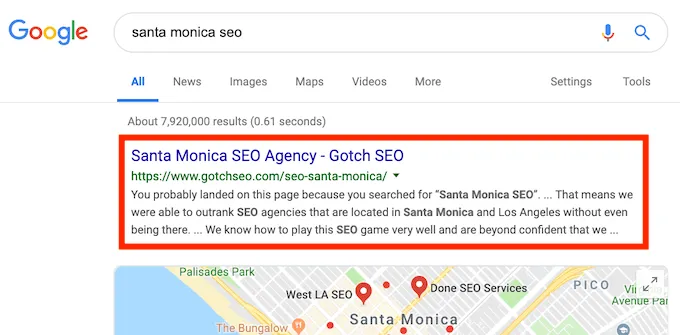
Or you can target cities like St. Louis, which has plenty of businesses but less SEO competition than major metros:
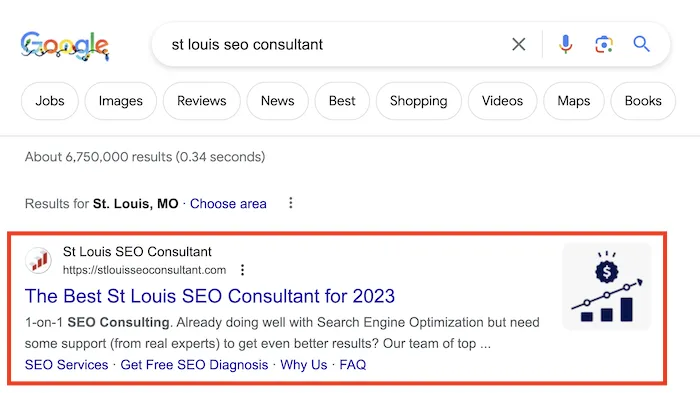
These cities have a lot of money flowing through them, but the competition is lower than Los Angeles or New York.
One way to determine how wealthy a city is is to look at how much police officers and firefighters earn.
For example:
According to Indeed, on average, police officers in Beverly Hills make about $80,000 per year (37% above the national average).
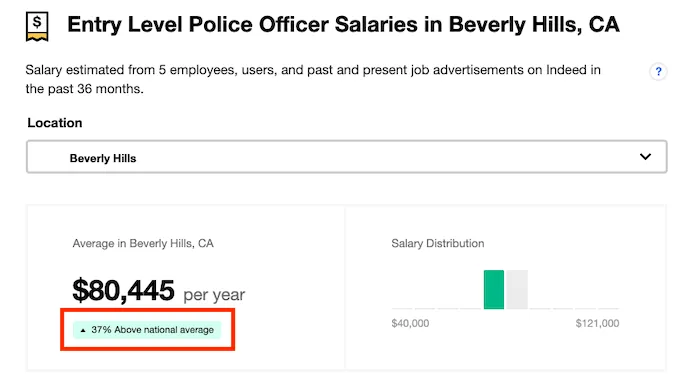
With that said:
If you're new, your SEO business should target lower competition, high-value cities in the beginning.
Then, as you begin to build a portfolio and website authority, you can venture into more competitive cities.
The third way to niche down is on both the industry and location.
Niche Down by Industry and Location
For example, you could target lawyers in Beverly Hills. Or you can get even more specific and only target personal injury lawyers in Beverly Hills.
Keep in mind:
Your pool of prospects will be much smaller with this approach, but it can be effective when you're starting.
In general, focusing is always the best route.
The final way to niche down in your SEO business is on the service level.
Niche Down on the Service Level
Instead of offering full-service SEO, you can splinter your service into micro services.
For example, you could specialize in technical SEO, SEO content creation, content optimization, link building, or local SEO.
You can also use specialized prospecting tools to find and connect with potential clients more efficiently. Tools like Hunter.io help you find email addresses:
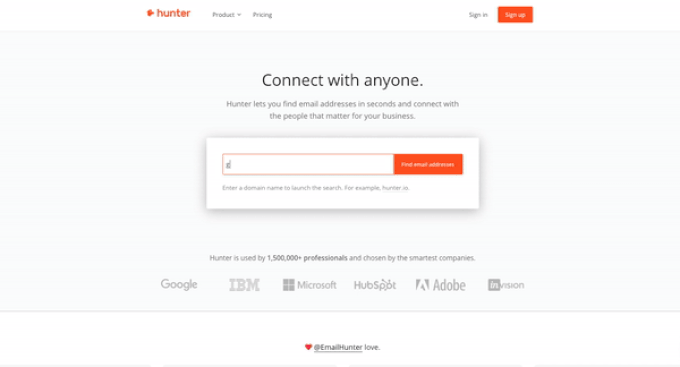
And tools like Hemingway Editor help you write clear, compelling outreach messages:

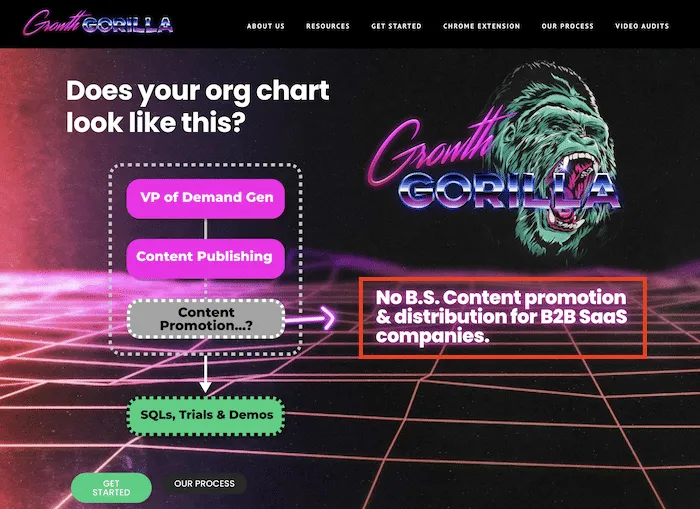
Leveraging micro services also has one other huge benefit:
It can act as a "foot-in-the-door" tactic to land larger full-service SEO contracts.
As you'll be finding out soon, this is one of my favorite methods for landing clients.
You can also become the "link building guy" or whatever identity you want.
Many SEO agencies have been successful in using this approach.
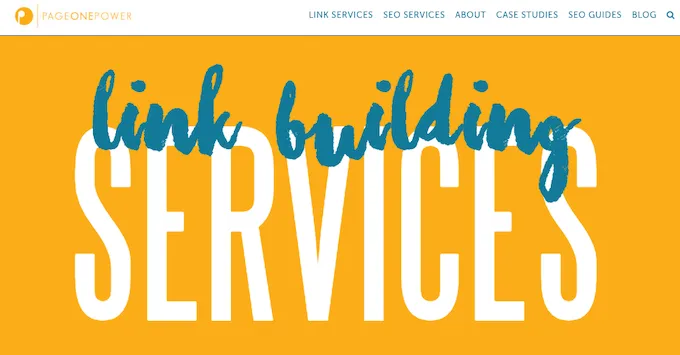
Remember:
Focus is good.
So, there are four ways to niche down:
- By industry. Choose an industry with high customer values
- By location. Target smaller, wealthy cities with less competition
- By industry and location combined
- By service level. Specialize in one specific SEO service
In my experience, niching down by industry is the most effective approach for long-term success.



